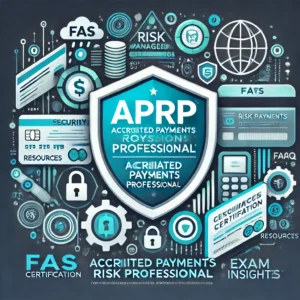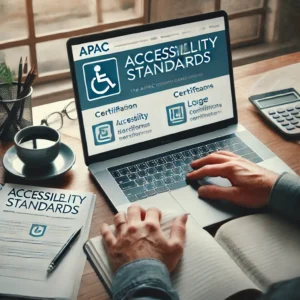The Shift to Remote Learning and Proctoring Solutions
As universities scrambled to adapt to the new normal, Ole Miss was among those that moved quickly. They initially selected three different online proctoring solutions to accommodate the immediate shift to remote learning, aligning with thousands of other universities navigating similar transitions.
While in-person classes resumed at Ole Miss in 2021, many instructors saw the value in continuing to use remote proctoring technology. The flexibility and convenience of online assessments had become clear. To optimize costs and provide a unified experience across the campus, the university decided it was time to standardize their proctoring solution.

Standardization: A Thoughtful Decision-Making Process
To make an informed decision, Ole Miss formed a committee tasked with evaluating potential solutions. After careful consideration, the committee recommended LockDown Browser and Respondus Monitor as the university’s primary tools for ensuring exam integrity.
According to Jinny Hurdle, Director of Testing Services at Ole Miss, several critical factors influenced this decision.
Seamless Integration and Ease of Use
A primary consideration for Ole Miss was the ease of implementation for both instructors and students. The university required a proctoring solution that integrated effortlessly with their existing learning management system (LMS), supported a variety of devices (including Windows, macOS, iOS, and Chromebook), and required minimal training and support.
Hurdle emphasized that “LockDown Browser and Respondus Monitor met this need and more.” The proctoring system’s user-friendly design allows instructors to access exam settings, proctoring results, exam videos, and training materials directly within the LMS. For students, a one-time installation is all that’s required, with the system automatically launching when an exam necessitates its use.

Flexibility in Exam Administration
Flexibility was another key consideration for Ole Miss. The selection committee appreciated that Respondus technology could accommodate various assessment methods preferred by faculty.
For instance, some instructors prefer students to take online exams in a controlled classroom environment using LockDown Browser, while others opt for students to visit a designated testing center where the same software is employed. Furthermore, many students are given the option to take exams remotely, whether at home or another convenient location, using both LockDown Browser and Respondus Monitor.
“The flexibility it gives to students is well received,” noted Hurdle, reflecting the university’s commitment to accommodating diverse learning needs.

Prioritizing Student Privacy
In the selection of a proctoring solution, student privacy was a paramount concern for Ole Miss. The university’s decision to prioritize privacy has paid off, with fewer student concerns reported compared to other proctoring platforms previously tested.
“We’ve had fewer privacy concerns from students with the Respondus system compared to other proctoring platforms we tried,” Hurdle reported. To further address privacy concerns, Ole Miss offers testing lab seats on each campus, allowing students uncomfortable with remote testing to take exams in a controlled environment.
This dual approach has been well-received by students, who appreciate the flexibility and privacy options available to them.
Accessible Training and Support
Another significant advantage of standardizing on a single proctoring solution was the reduction in training requirements and the streamlined support structure. Ole Miss found that having a single solution minimized the campus-wide knowledge required to support multiple systems.
Respondus Monitor includes built-in training videos and resources, while students can access 24/7 support through live chat with Respondus support agents. This round-the-clock support is particularly valuable in an academic environment where issues may arise outside of typical business hours.
Hurdle also highlighted the importance of intuitive design, especially for faculty with limited time for training. “Respondus Monitor is very intuitive, so not a lot of training is needed,” she said, underscoring the system’s ease of use.
Cost-Efficiency Without Compromising Quality
Cost-efficiency was a critical concern for the committee, particularly in ensuring that expenses were not passed on to students. Before the pandemic, students might have paid anywhere from $18 to $40 per test for remote proctoring—a significant burden for many.
To alleviate this, Ole Miss acquired an unlimited license for LockDown Browser and Respondus Monitor, allowing faculty to use the technology across a wide range of environments and scenarios without additional costs to the university or students.
“You need a pricing model where you know what the cost will be regardless of volume of use,” Hurdle explained, reflecting the university’s commitment to maintaining affordability without sacrificing quality.

A Look to the Future
The experience of transitioning to online learning and proctoring has been transformative for Ole Miss. The university has successfully navigated the challenges presented by the pandemic, emerging with a more flexible, privacy-conscious, and cost-effective approach to exams.
While the days of purely in-person learning may not be entirely behind us, the lessons learned and solutions implemented during this period have equipped Ole Miss to better serve its students and faculty, both now and in the future.
In sum, the University of Mississippi’s careful and strategic selection of LockDown Browser and Respondus Monitor exemplifies how institutions can balance innovation, privacy, and cost-efficiency while upholding the highest standards of academic integrity.
[




